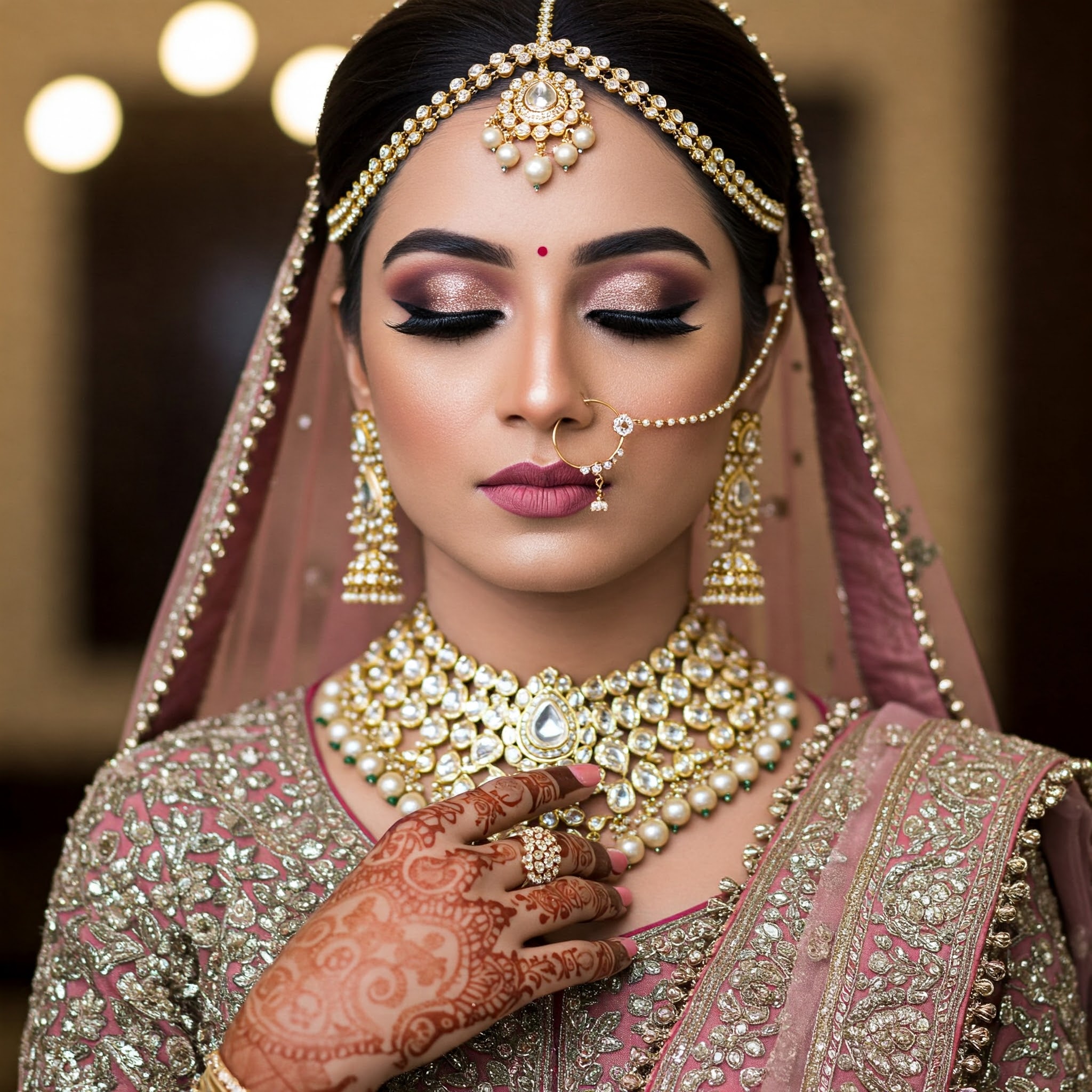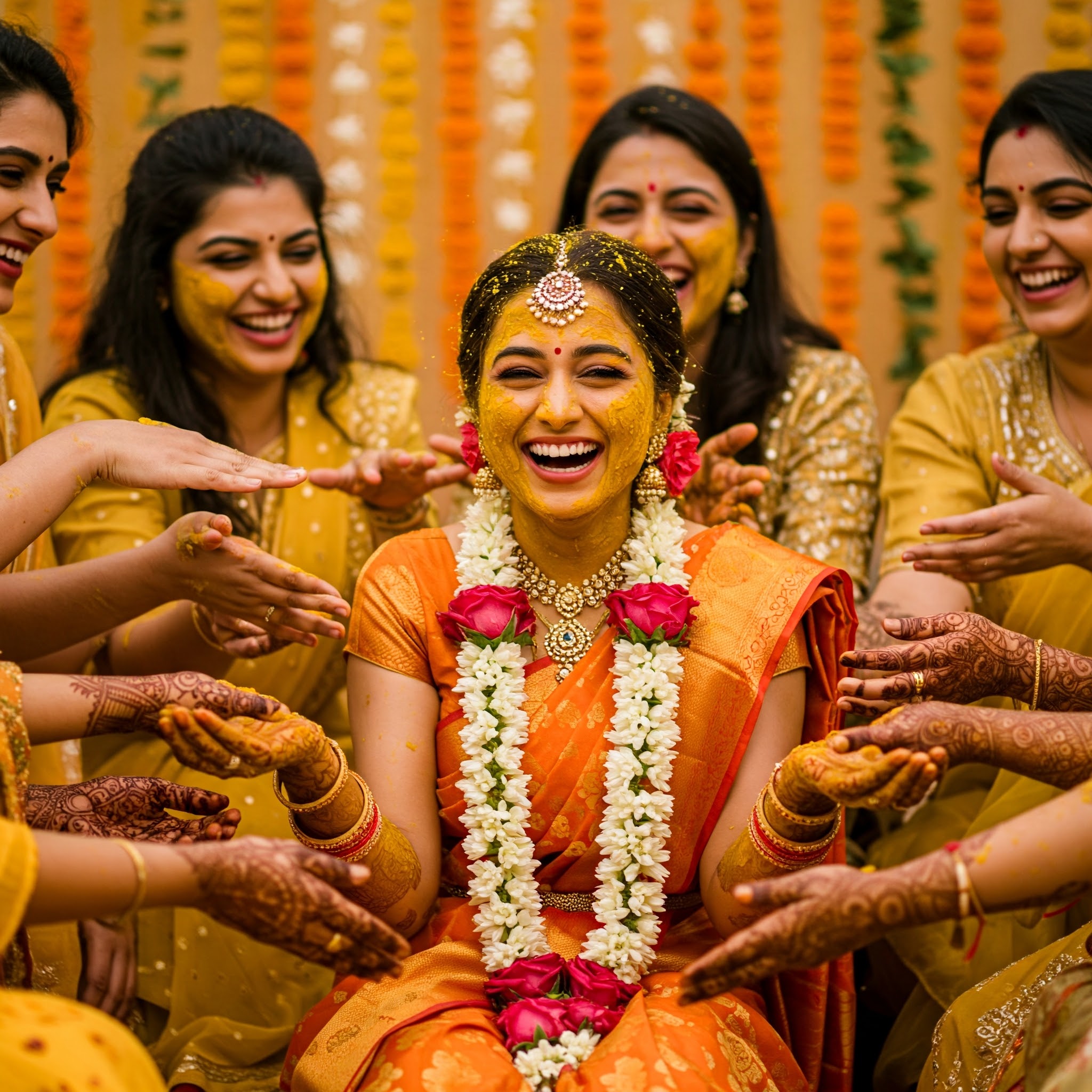
How Personality Types Influence Marriage Compatibility - An MBTI-Based Approach
27-Nov-2025 digi shaadi
Introduction
Marriage is one of the most meaningful partnerships in a person’s life. While cultural background, family values, and shared life goals shape compatibility, personality plays an equally important—yet often underrated—role. The way individuals think, feel, communicate, handle stress, make decisions, and express emotions significantly impacts the quality of a marriage.
One of the most widely recognized frameworks for understanding personality is the Myers-Briggs Type Indicator (MBTI). This model categorizes individuals into 16 personality types based on four preference dimensions. These traits influence emotional chemistry, communication styles, conflict resolution, and long-term harmony in relationships.
In this blog, we explore how MBTI personality types influence marriage compatibility, why certain types naturally align better, and how understanding personality can build stronger, healthier relationships.
Understanding MBTI: The Four Core Dimensions
The MBTI model categorizes personality using four key dimensions:
1. Extraversion (E) vs. Introversion (I)
-
E-types: Energized by social interaction, expressive, outgoing.
-
I-types: Recharge through solitude, introspective, reserved.
2. Sensing (S) vs. Intuition (N)
-
S-types: Prefer facts, real-world details, practical solutions.
-
N-types: Focus on ideas, possibilities, imagination, future outcomes.
3. Thinking (T) vs. Feeling (F)
-
T-types: Logical, analytical, objective decision-makers.
-
F-types: Emotion-driven, value-oriented, harmony-focused.
4. Judging (J) vs. Perceiving (P)
-
J-types: Structured, organized, planners who prefer closure.
-
P-types: Flexible, spontaneous, open to last-minute changes.
These dimensions combine to create 16 personality types such as INFJ, ENFP, ISTJ, ESTP, and more.
Why Personality Type Matters in Marriage
Personality shapes:
-
How you show love
-
How you communicate
-
How you handle conflict
-
How much personal space you need
-
How you approach finances
-
Parenting styles
-
Emotional expression
-
Reactions to stress
-
Long-term planning
Understanding personality differences helps partners avoid misunderstandings, improve communication, build empathy, and create a harmonious marriage.
Top MBTI Compatibility Insights for Marriage
1. Opposites Attract—When There Is Balance
Complementary pairings often thrive because each partner’s strengths support the other’s weaknesses.
Examples of balanced pairs:
-
ENFP (dreamer) + INTJ (strategist)
-
ESFJ (nurturer) + ISTP (problem-solver)
-
INFP (idealist) + ENFJ (mentor)
These pairs work well because:
-
One offers structure, the other flexibility
-
One provides depth, the other practicality
-
One expresses openly, the other thinks critically
This balance helps both individuals grow together.
2. Similar Personality Types Click Instantly
When partners share core traits, they naturally understand each other.
Common harmonious same-type pairings:
-
ISTJ–ISTJ: Responsible, disciplined, practical
-
ENFP–ENFP: Imaginative, enthusiastic, lively
-
INFJ–INFJ: Deep, intuitive, emotionally rich
-
ESTJ–ESTJ: Organized, decisive, committed
Benefits:
-
Fewer conflicts
-
Predictable behavior
-
Shared goals and values
-
Deep emotional understanding
These couples should ensure they keep life exciting and avoid falling into repetitive routines.
3. Communication Styles—The Heart of Compatibility
Thinkers (T) vs. Feelers (F)
This is one of the most influential compatibility factors.
-
T-types: Express themselves logically and directly.
-
F-types: Express themselves emotionally and seek harmony.
Potential clash:
-
T-type: “I’m being practical.”
-
F-type: “You’re being insensitive.”
Compatibility Tip:
-
T-types should acknowledge feelings.
-
F-types should avoid personalizing direct statements.
When balanced, these pairs complement each other beautifully.
4. Lifestyle Clashes: Judging (J) vs. Perceiving (P)
This difference commonly leads to disagreements.
J-types want:
-
Plans, schedules
-
Predictability
-
Clean, organized environments
P-types want:
-
Flexibility
-
Spontaneity
-
Freedom to decide later
How this becomes a strength:
-
The J-type brings stability.
-
The P-type brings creativity and fun.
Balance is achieved through mutual respect.
5. Extravert–Introvert Matches Need Space and Understanding
A very common pairing in marriages.
Challenges:
-
Extroverts prefer socializing.
-
Introverts require quiet time to recharge.
Solutions:
-
Schedule balanced activities
-
Communicate energy levels
-
Respect personal boundaries
When balanced, these couples learn from each other and grow emotionally.
6. Shared Intuition (N) = Deep Emotional Bond
N–N couples, such as ENFJ + INFJ or ENTP + INFP, often connect through:
-
Deep conversations
-
Shared big-picture thinking
-
Intellectual curiosity
-
Creative exploration
They often feel like “soulmates.”
7. Sensing (S) Types Create Stable, Grounded Relationships
S–S pairings, such as ISFJ + ESTJ or ISTJ + ESFJ, offer:
-
Loyalty
-
Strong practical support
-
Family-oriented values
-
Long-term consistency
These couples build reliable and secure homes.
Most Compatible MBTI Pairs for Marriage
1. INFJ + ENFP
Deep emotional connection + creative spark.
2. ISTJ + ESFJ
Traditional, dependable, value-driven.
3. INTJ + ENTP
High intellectual chemistry.
4. ESFP + ISFJ
Warmth meets stability.
5. ENTJ + INFP
Leadership balanced with empathy.
6. ESTP + INFJ
Opposite traits that create intense chemistry and growth.
These couples have high long-term compatibility when nurtured well.
How MBTI Influences Conflict Resolution
Different types handle conflict differently:
T-types
-
Direct
-
Focus on solutions
-
Can appear blunt
F-types
-
Sensitive
-
Prioritize harmony
-
May avoid conflict
J-types
-
Want quick resolution
-
Prefer structured discussions
P-types
-
Need time to process
-
Resist rigid conversations
Understanding these tendencies helps couples communicate healthier and more effectively.
MBTI and Love Languages
Each personality type expresses love differently:
-
ISFJ: Caregiving, acts of service
-
ENFP: Emotional bonding and reassurance
-
INTJ: Commitment, long-term planning
-
ESFP: Fun, shared experiences, gifts
-
INFJ: Deep emotional presence and devotion
Knowing your partner’s expression of love strengthens intimacy and reduces misunderstandings.
MBTI in Modern Online Matrimony
Modern matchmaking platforms like DigiShaadi increasingly consider personality to ensure:
-
Emotional compatibility
-
Communication alignment
-
Shared expectations
-
Long-term relationship fit
Adding MBTI preferences can help users find partners who match:
-
Emotional patterns
-
Lifestyle habits
-
Communication styles
-
Future goals
This leads to healthier and more fulfilling marriages.
MBTI Is a Guide—Not a Rule
While MBTI helps predict compatibility, it does not determine the outcome of a marriage.
Successful relationships require:
-
Understanding
-
Communication
-
Compromise
-
Empathy
-
Respect
-
Shared goals and values
Even “incompatible” MBTI types can thrive with effort and love.
Conclusion
Personality deeply influences how partners express love, resolve conflict, plan their lives, and respond emotionally. Understanding MBTI can help couples:
-
Appreciate differences
-
Improve communication
-
Reduce misunderstandings
-
Strengthen emotional intimacy
-
Build long-term harmony
Whether you’re exploring marriage or already in a relationship, knowing your MBTI type is a powerful tool for creating a fulfilling partnership.
Platforms like DigiShaadi help individuals find life partners who complement their personality, emotions, and long-term aspirations—making compatibility easier and more meaningful than ever.




